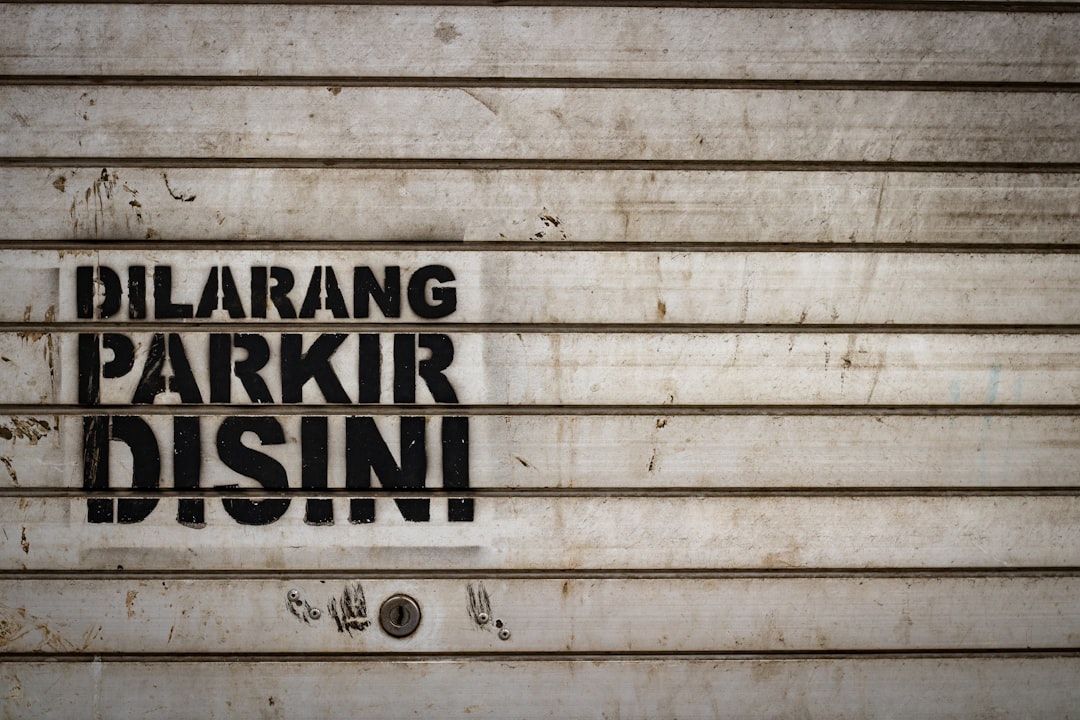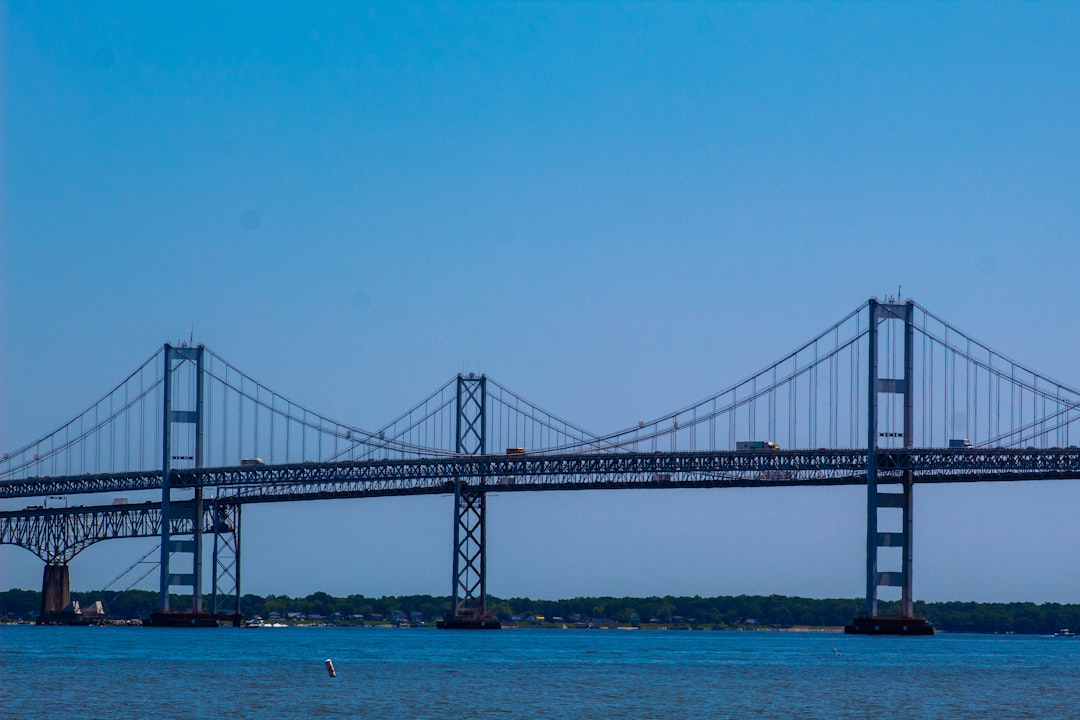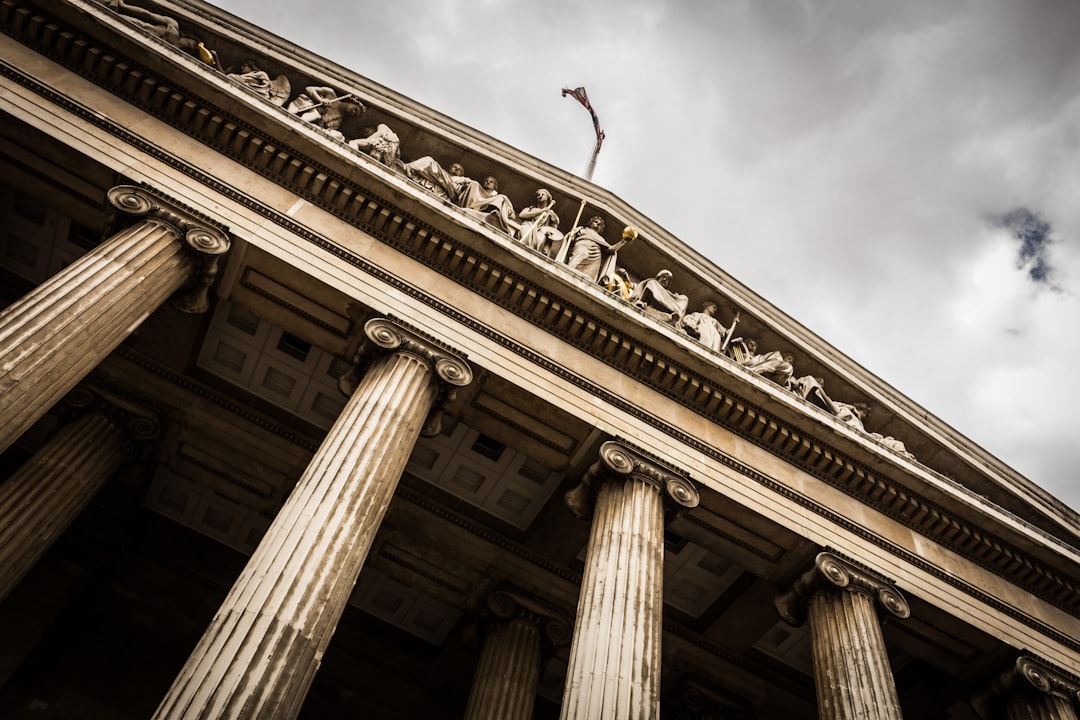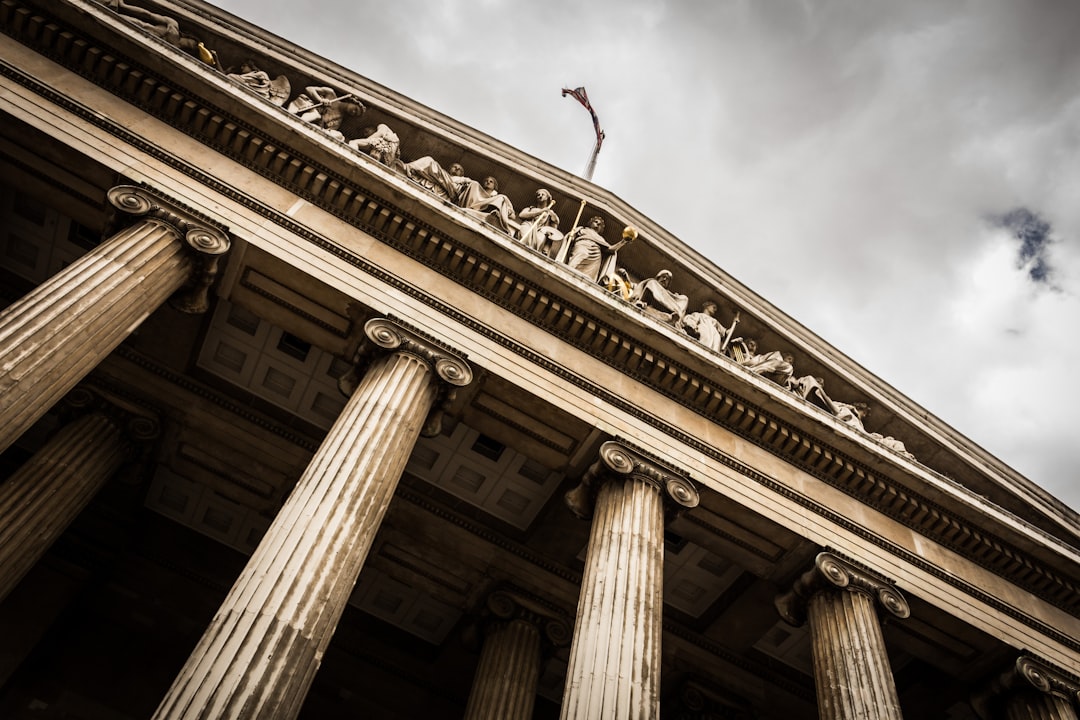In Maryland, understanding the distinction between human trafficking and rape is crucial for rape lawyers defending clients. Human trafficking can offer defenses, like proving coercion within a ring, potentially reducing liability. This strategy leverages complexities to argue involuntary participation. Consent and coercion are key factors in human trafficking cases, requiring robust investigation. While rare, this defense has been used to challenge prosecutions. The ethical dilemma lies in balancing sentence reduction for survivors vs. minimizing rape's severity. Rape lawyers must stay informed on laws and trauma dynamics to uphold ethical standards while advocating for clients.
In Maryland, the intersection of human trafficking and sexual assault presents a complex legal challenge. While human trafficking is a global issue often hidden in the shadows, its potential impact on rape cases cannot be overlooked. This article explores whether human trafficking can serve as a defense strategy for defendants facing rape charges in Maryland. We delve into the intricate legal landscape, considering consent, coercion, and real-world case studies to equip rape lawyers with insights for navigating these sensitive cases. Understanding these nuances is crucial for both justice and ethical considerations in Maryland’s legal system.
Understanding Human Trafficking and Its Legal Complexities in Maryland
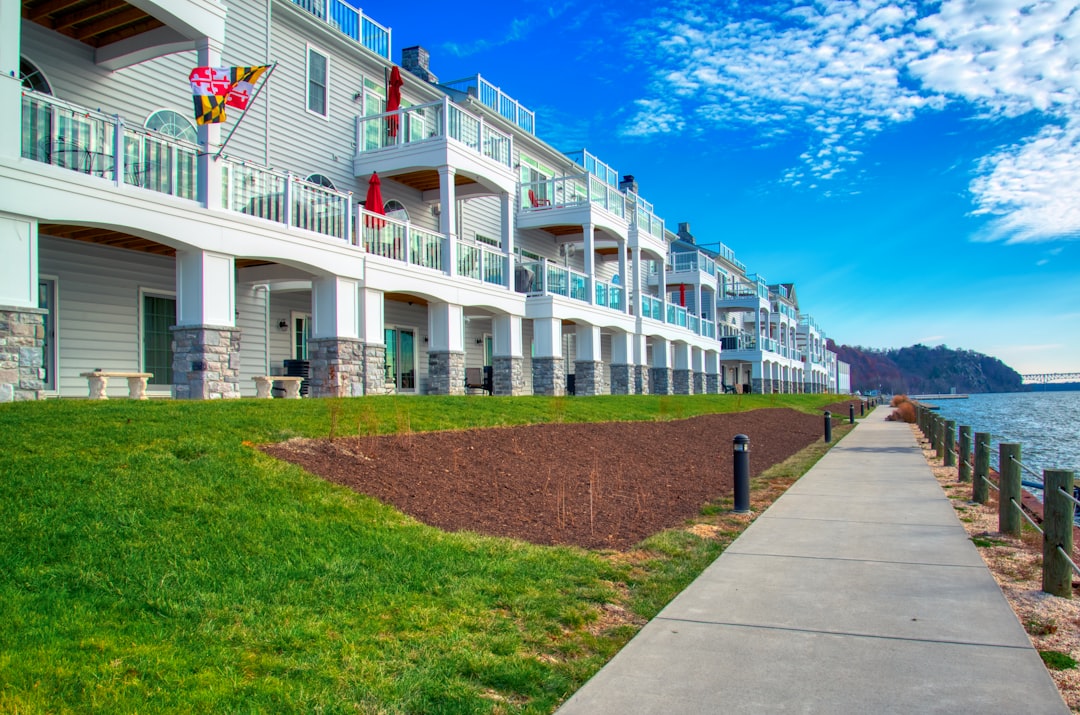
Human trafficking is a complex global issue that involves the exploitation and control of individuals for labor or sexual purposes. In Maryland, as in many states, the legal definition and penalties for human trafficking differ from those of rape. Understanding this distinction is crucial when considering whether human trafficking can be used as a defense in rape cases.
Rape lawyers in Maryland must navigate a intricate web of laws to determine the best course of action for their clients. While human trafficking does not automatically excuse or reduce the guilt of an accused rapist, it may provide legal avenues for defense strategies. The key lies in proving that the accused was operating under coercion or control as part of a human trafficking ring, which could potentially mitigate criminal liability or lead to alternative sentencing options.
The Potential Use of Defense Arguments Related to Trafficking in Rape Trials
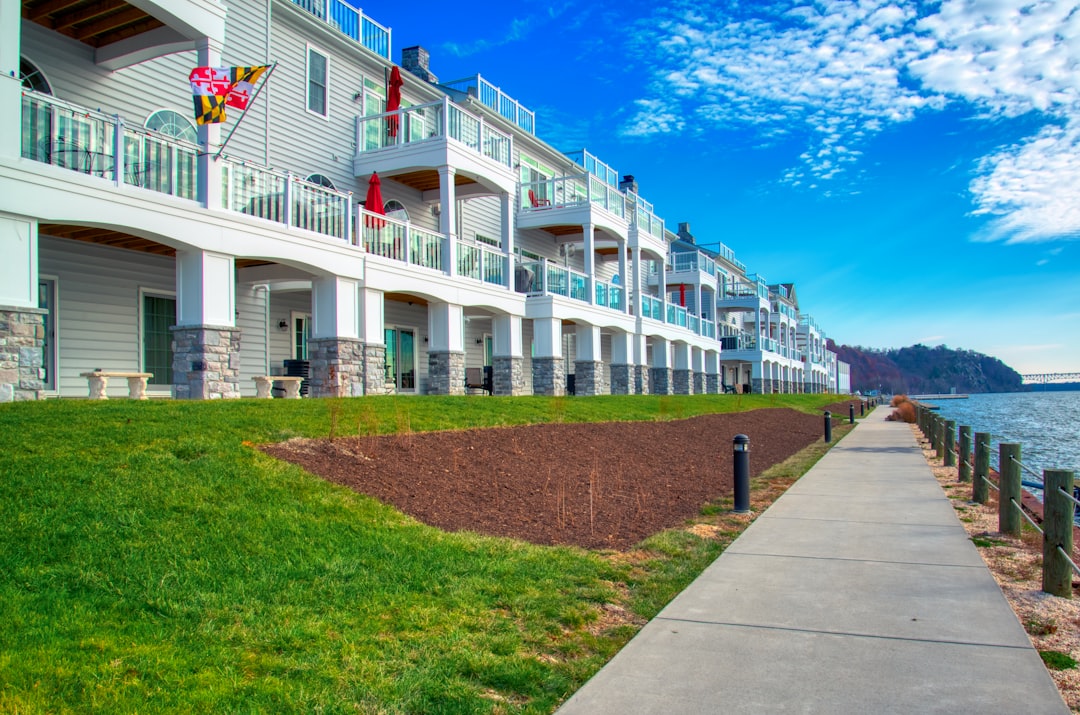
In Maryland, rape cases are taken seriously, and defendants facing such charges require robust legal representation, often from experienced rape lawyers Maryland. One unique defense strategy that has gained some traction in certain circumstances is the potential argument that the accused was a victim of human trafficking, which could, in theory, impact their culpability or intent. This approach leverages the complex nature of human trafficking cases and aims to present a narrative where the defendant’s actions were not driven by personal desire but rather by coercion or control within a trafficking network.
Such defenses can be powerful tools for rape lawyers Maryland when navigating complex legal terrain. They require careful investigation and a deep understanding of both criminal law and the nuances of human trafficking cases. The strategy may involve presenting evidence that the defendant was forced, through threats or manipulation, to engage in sexual acts, potentially reducing their guilt or even leading to acquittal. However, it’s crucial for defense attorneys to build a solid case, as the success of this defense hinges on proving the defendant’s involuntary participation in the alleged offense.
Exploring the Elements of Consent and Coercion in Human Trafficking Cases
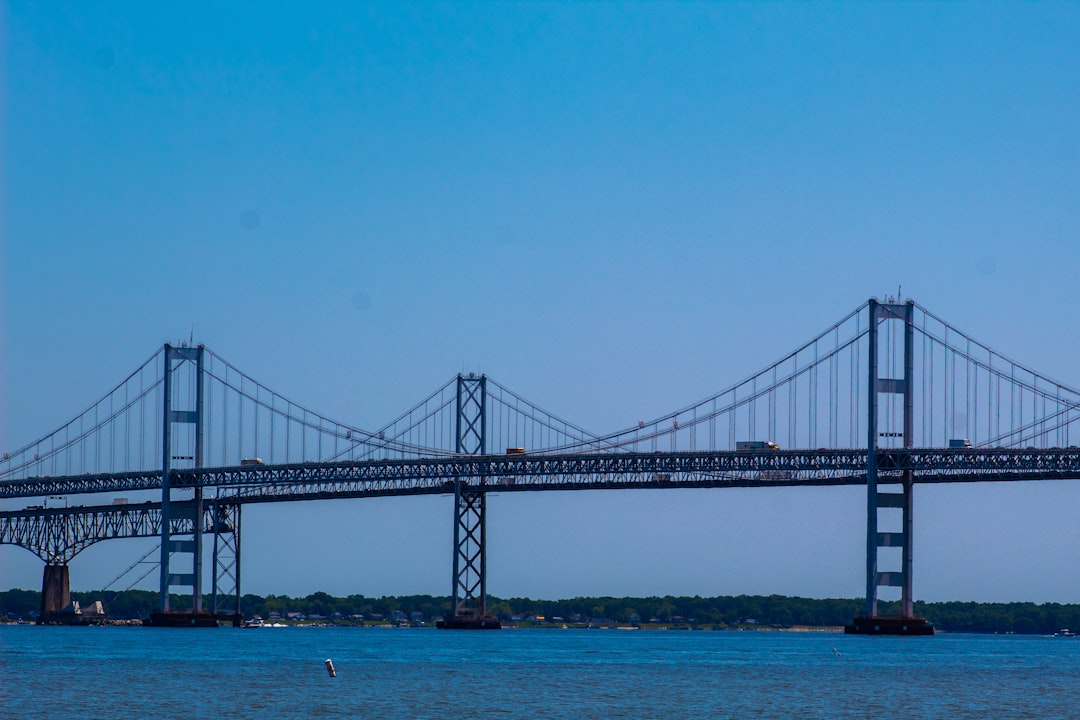
In Maryland, exploring the nuances of consent and coercion is paramount in human trafficking cases, especially when considering it as a defense strategy for rape accusations. Human trafficking victims often find themselves in extremely vulnerable states, whether through force, threats, or manipulation, which can significantly impact their ability to give genuine consent. Rape lawyers in Maryland must delve into these complex dynamics to build robust defenses.
Coercion, a key element in human trafficking cases, refers to any form of pressure or threat used to force an individual into sexual acts. This could include threats against the victim’s life, family, or future opportunities. Establishing coercion is crucial for defense attorneys as it can negate the accuser’s claim of consent. Understanding the context in which sexual encounters occurred—whether through forced labor, debt bondage, or other forms of exploitation—is essential to building a compelling argument that the acts were not consensual but rather a result of extreme pressure and control.
Case Studies: When Has Human Trafficking Been Used as a Defense?
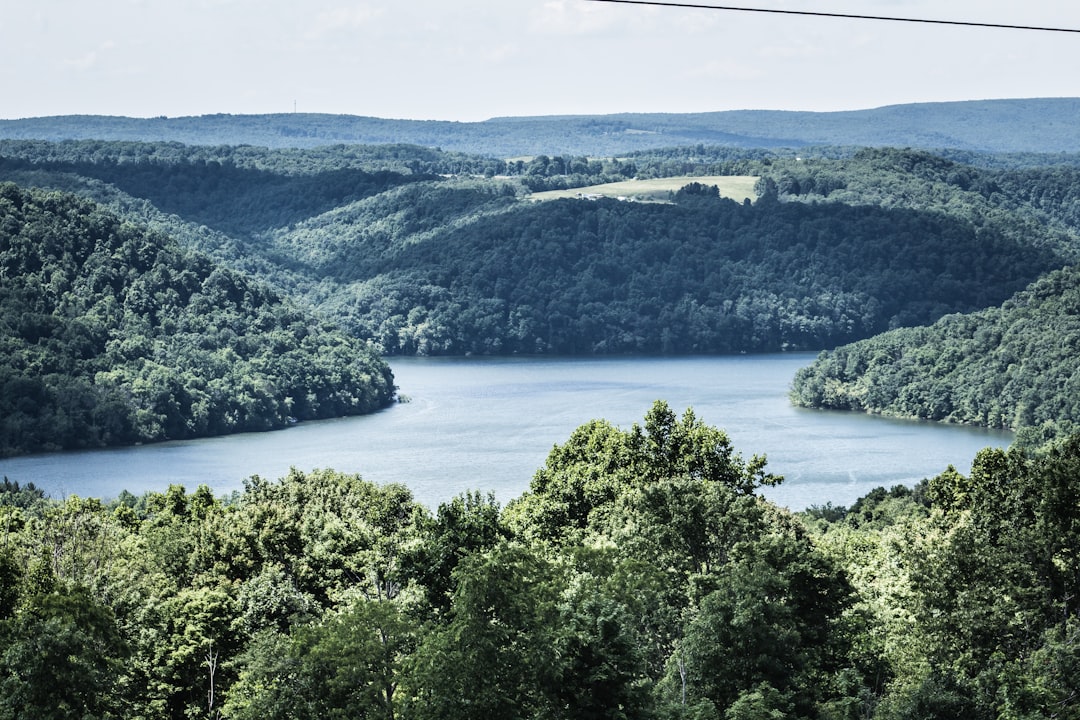
In exploring the defenses available in rape cases, particularly in Maryland, human trafficking has emerged as a complex and rarely employed strategy. While it may seem like an unconventional approach, there have been instances where this concept has been brought forward by rape lawyers in Maryland to challenge the prosecution’s case.
Several case studies illustrate these unique circumstances. In some scenarios, individuals accused of sexual assault argue that they were coerced or forced into the act due to their trafficking experiences. These cases often involve victims who were promised employment or a better life but instead found themselves trapped in exploitative situations. Maryland rape lawyers may employ this defense when there’s evidence suggesting the defendant’s actions were influenced by threats, manipulation, or violence associated with human trafficking networks. However, such defenses require meticulous investigation and expert testimony to establish the connection between human trafficking and the alleged crime.
Ethical Considerations and Future Implications for Rape Lawyers in Maryland

The debate surrounding human trafficking as a potential defense strategy in rape cases raises significant ethical considerations for rape lawyers in Maryland. While some argue that exploring this avenue could help reduce sentences and provide support to survivors who may be exploited, others express concern about potentially trivializing the severity of rape and complicating justice for victims. As the legal landscape evolves, rape lawyers in Maryland must navigate these complex issues.
The future implications for this field are profound. Lawyers will need to stay updated on changing laws and court rulings regarding human trafficking defenses in rape cases. Additionally, they should foster a deeper understanding of trauma dynamics among survivors, especially those who may be part of the human trafficking ecosystem. This nuanced approach ensures that rape lawyers in Maryland not only advocate for their clients but also uphold the highest ethical standards while striving for justice and support for all victims of sexual assault.
